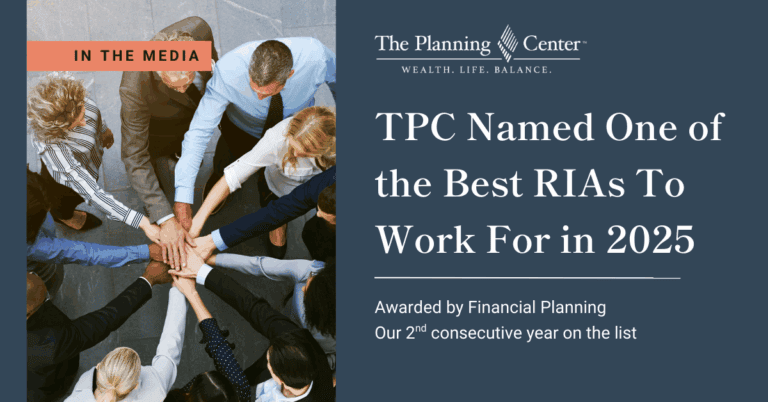 I travel frequently, and the routine of air travel these days can become monotonous. Wait at the gate for your “zone” to be called. Jostle for position in the line to board so that you can get that ever critical overhead space, get settled in, and listen to the very same safety announcements (or videos today) over and over and over.
I travel frequently, and the routine of air travel these days can become monotonous. Wait at the gate for your “zone” to be called. Jostle for position in the line to board so that you can get that ever critical overhead space, get settled in, and listen to the very same safety announcements (or videos today) over and over and over.
Why do airlines insist on giving us information on exits, oxygen masks, and seat belts when most of us could actually GIVE those presentations ourselves? It’s simple. It’s worth a few minutes of our time to gain awareness of emergency protocol for those very rare instances when it could mean the difference between life and death.
This is a rather dramatic example of how investing in short-term, proactive behavior can protect against long-term, reactive chaos. But we engage in many of these proactive habits on a daily basis. We brush our teeth daily because not doing so could lead to serious health issues and financial costs down the road.
We maintain our vehicles to ensure we can get from A to B without frequent issues, and to avoid bigger repairs in the future. And we (at times) exercise and stay active to promote a healthier future for ourselves.
Our proactive habits and decisions also flow into how we plan for our financial future. Each of these decisions can put a dent in our monthly budget. However, today’s minor investment could protect us from tomorrow’s major calamity…or on a brighter note allow for tomorrow’s major opportunity. Here are a few examples:
Building an appropriate cash reserve
We all know that an appropriate cash reserve can protect us in a time of job loss, and that building that reserve carries the trade-off of forgoing current spending to actually saving those dollars. But that investment in our future not only protects us from the potential of a future negative, it can also allow us an opportunity down the road to start a business, pursue other job options, or any of a myriad of positive opportunities without the burden of cash flow problems.
Estate Planning
There’s a reason estate planning is so expensive—lawyers! I kid.
This is an essential aspect of any sound financial plan, and the professionalism and expertise a good estate planning lawyer brings to the table is incredibly important. Investing in a well-designed estate plan today can save your family incredible time and expense when they are at their most emotionally vulnerable.
Insurance
This is the most obvious example of “expensive until you need it.” There are some types of insurance we’re required to carry (homeowners, auto), and others we choose to carry (e.g., life, disability, long-term care). And don’t get me started on health insurance! We pay thousands of premium dollars per year to protect against the possibility of a negative occurrence, all the while hoping none of them ever occur. But in those instances when the house does burn down, the car is totaled, an injury keeps you from working, or you require health care beyond what your health insurance provides, having transferred the responsibility to pay the bills for those issues—for what turns out to be pennies on the dollar—can be a lifesaver…sometimes literally.
As a fee-only financial planning firm we don’t sell insurance products, but we do recognize the importance of a thoughtful, efficient protection plan to help our clients meet long-term goals and protect from those occurrences that could derail their financial train.
Hiring a financial planner
Let’s acknowledge and understand my bias as someone who relies on my clients’ willingness and acceptance that objective financial advice can add value. The decision to hire a planner, like any professional, comes with a cost. But the value in having a third-party, objective viewpoint as you consider and weigh financial decisions that can affect you for the rest of your lives is significant.
We can add expertise, remove emotional bias, and give you back significant time in the process, allowing you to focus on other important aspects of your life. In many instances, you could do much of the work yourself, just like I can remodel my own home or repair my own vehicle. However, I know my skill set isn’t in construction, and I’m surely NOT a very good mechanic. In the long run, the short-term cost of working with a financial professional is reaped in the long-term results, and can often provide a much more complete and fulfilling life for you and your family.
Procrastination and reactive behavior is often easy in the short-term, but can generally be incredibly costly down the road. We often view ourselves as invincible, or take the “that won’t happen to me” approach. And your decision to take a proactive stance on life, think long-term, build good habits, and protect yourself and your family with sound decision making may seem expensive. That is, of course, until you need it!
On May 12, 2017, this post was republished at forbes.com under the title “4 Must-Dos to Get Wealth and Keep It” To read the article click here…
Mike Branham, CFP®, is a Sr. Financial Planner in the Anchorage and Twin Cities offices of The Planning Center, a fee-only financial planning and wealth management firm. Email him at: mike@theplanningcenter.com.







